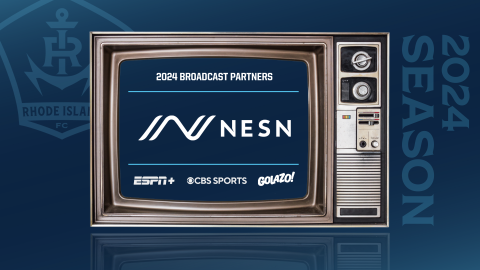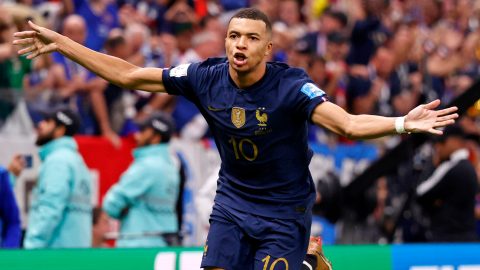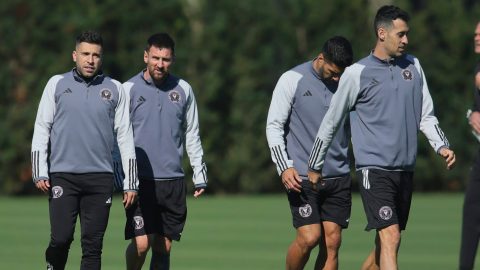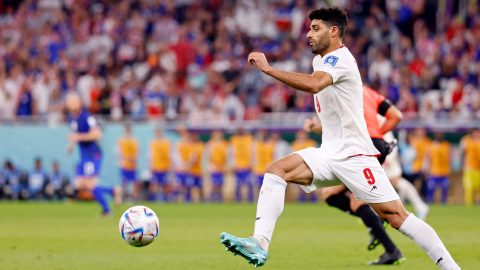Failure must not become the new normal for Brazil’s men’s national soccer team. There’s too much at stake.
Dunga paid the price for Brazil’s early elimination from Copa America 2016 on Tuesday, when the CBF fired him as head coach. But Brazil’s problems run deeper than whoever occupies one of the soccer world’s hottest seats, and blame can’t distract from the harshness of truth.
The horror show Brazil experienced this summer in the United States only confirmed what much of the soccer world discovered two years ago, when Germany hammered the hosts 7-1 in the 2014 FIFA World Cup semifinals: the five-time world champion has deteriorated and no longer deserves its reputation as beacon and custodian of the beautiful game.
As was the case last Friday at Gillette Stadium in Foxboro, Mass., in Dunga’s last game in charge of Brazil, fans pay top dollar and flock to stadiums around the world to witness Brazil play live, while millions more watch on televsion. Fans and sponsors accept that Brazil might win, lose or draw but demand the “Selecao” put on a good show.
Brazil’s yellow jerseys are among the most iconic in sports, and its games are always events. Brazil soccer is big business, but its influence extends beyond entertainment. Brazil’s team emobides the hopes and dreams of millions, perhaps billions, who count themselves as fans. To many, the “Selecao” represents the achievements that are possible in this life, regardless of one’s birthplace or the socio-econonic class into which he or she was born.
The CBF bears this responsibility. Here’s what it must do in the near future to shoulder the burden.
Players and tactics
Brazil coined the term “O Jogo Bonito” or beautiful game, but its national team ceased playing with such style a long time ago. Many consider the Brazil team which lost to Italy in the second round of the 1982 World Cup as its last great attack side, and the country’s soccer abandoned fantasy in favor of pragmatism and the counter-attack in ensuing generations. The strategy brought World Cup wins in 1994 and 2002, but those sides failed to earn universal acclaim.
Brazil must innovate and devise a new strategy, which marries its past and present in order to win in the future. Brazil produces a wealth of skillful players every year, but many are overlooked in favor of those who demonstrate the qualities required to play fast, physical, counter-attacking soccer.
We wondered aloud Friday “Where are the great Brazilian No. 10s, and why aren’t they here to help unlock Peru’s defense?” And don’t get us started on the absence of a great Brazilian striker. Ronaldo, the original, isn’t walking through that door anytime soon.
Neymar is an execption who rose through the ranks at his club, Santos, and for his country to become Brazil’s only genuine superstar of his generation. He’s truly one of a kind but probably wouldn’t be if clubs, and the CBF, supported and promoted smaller, truly talented players like him.
Corruption, mismanagement at the heart of Brazil’s ills
Brazil’s problems extend beyond the field, and corruption and poor administration are at the heart of them.
Brazil’s clubs have no problem producing professional-grade players, but their administrators and directors pale in comparison. Many clubs struggle under the weight of financial debt, causing stadiums and training facilities to fall behind the standards set in other parts of the world.
The situation allows overseas clubs to buy talented young players at discount prices, and Brazilian clubs willingly sell them before completing their development as players. The money is quick and useful for Brazilian clubs, but the exodus costs more than it earns over the long term.
The CBF isn’t much better, as the U.S. Justice Dept. has indicted its last three presidents, including current chief Marco Polo del Nero. Sao Paulo newspaper Estadao claimed in May 2015 to have obtained a copy of an explosive contract, which shows sponsors effectively control the national team by having veto-power over all new call-ups since 2006.
Imagination and progress
Sao Paulo’s Corinthias often is credited with launching a political revolution in 1982, helping end decades of military dictatorship and usher in democracy. Led by midfielder Socrates, The “Corinthians Democracy” proved soccer’s status as a driving force for social change in South America and beyond.
Currently mired in economic, social and political crises, Brazil could use an inspirational and transformational figure to emerge from the soccer scene and help root out corruption and point the country toward progress.
The CBF is unlikely to hire such a person to leads Brazil’s national team. But if Dunga’s successor can add substance and bring back style, it would be a good start for one of the soccer world’s powers of the current order.
Thumbnail photo via Winslow Townson/USA TODAY Sports Images



